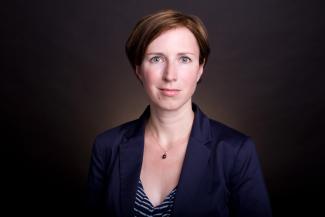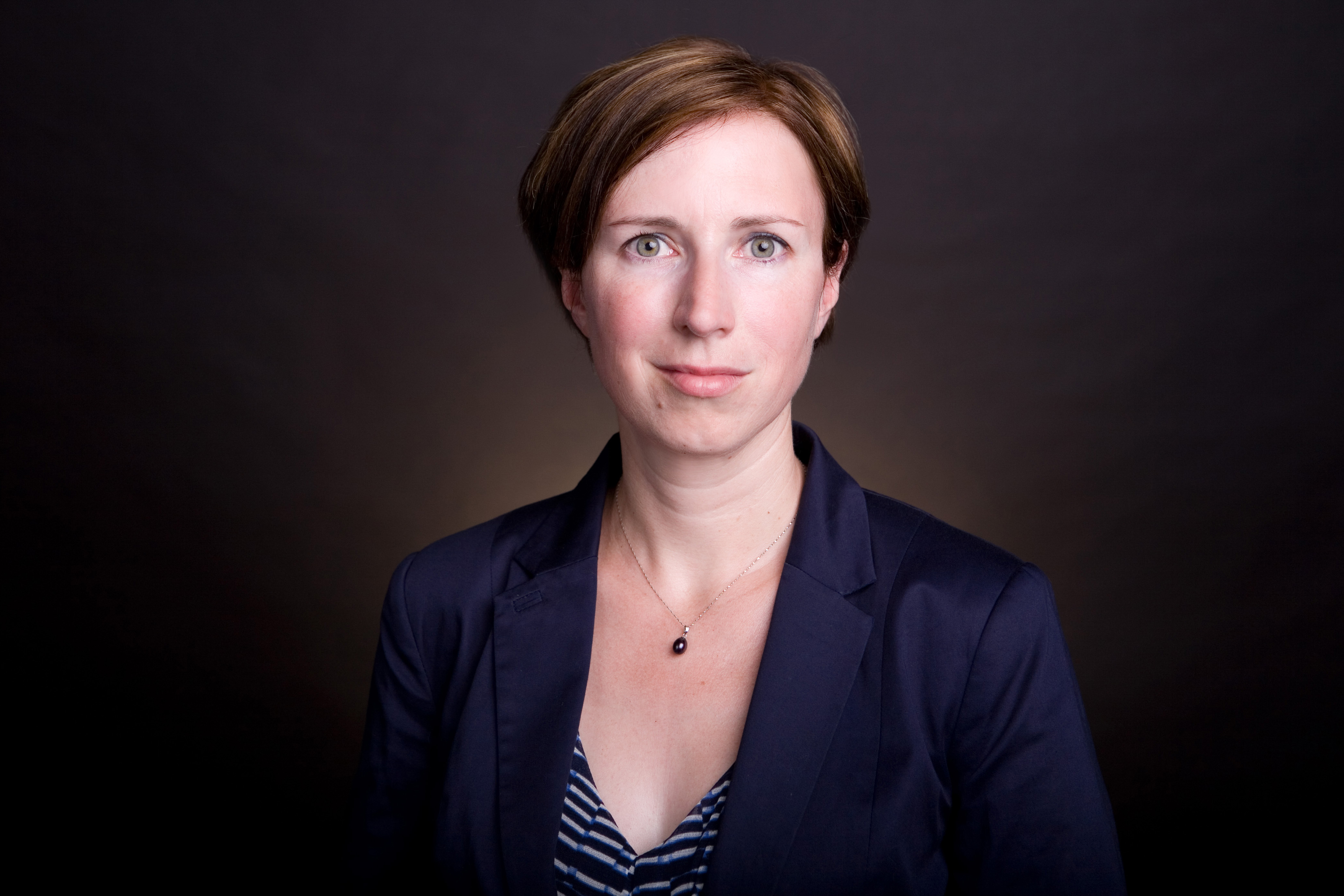Public investment policy in Germany – torn between debt brake and delayed investments

Practical information
The German debate about public investment policy faces a dilemma. The deficits in public infrastructure have grown considerably due to comparatively low investments in recent years. In addition, substantial investments for promising mega-projects, such as the energy transition (“Energiewende”) and broadband expansion are indispensable in a foreseeable future.

The conférence will be held in German and French (simultaneous translation).
At the same time, the discourse in Germany is dominated by fiscal paradigms that largely prohibit further public spending for investments. Otherwise, the objective of “budgetary consolidation” at the federal, state and local level sought by the so-called debt brake would be endangered. Moreover, public investment policy is more and more becoming a subject of increasing Europeanization. Outside pressure on Germany to invest more in public infrastructure is consequently growing. Against this background, a fundamental reorientation of the entire German investment policy debate is needed.
Moderateur : Barbara Kunz, research fellow at the Studycommittee for French-German relations at Ifri.
Speakers :
- Henrik SCHELLER, Director of the research team « Finances » at Deutsches Institut für Urbanistik (Difu) in Berlin, author of the note du Cerfa n°131 on public investment (june 2016).
- Patrick ALLARD, Consultant at the Centre for Analysis, Planning and Strategy at the French Ministry of Foreign Affairs and international Development
Speakers
Find out more
German public investment policy: between debt cap and increasing investment backlog
The German debate about public investment policyfaces a dilemma. The deficits in public infrastructure have grown considerably due to comparatively low investments in recent years. In addition, substantial investments for promising mega-projects, such as the energy transition (“Energiewende”) and broadband expansion are indispensable in a foreseeable future.
Other events

European Strategic Autonomy or New Dependence? Russian Gas, Transatlantic Pressures, and the Green Deal
European energy policy sits at the fault line of geopolitical conflict, climate obligations, and transatlantic bargaining. While Hungary, Slovakia and others remain heavily reliant on Russian gas, the EU has sought to harden its stance through sanctions -most recently with Ursula von der Leyen’s announcement of a ban on Russian LNG imports in the 19th package.

The New Nuclear Instabilities on the Korean Peninsula
From the growing size and diversification of the North Korean nuclear arsenal, and an open rhetoric in favor of nuclear proliferation in the South because of the loss of credibility of U.S. extended deterrence, the Peninsula is facing raising nuclear tensions.








